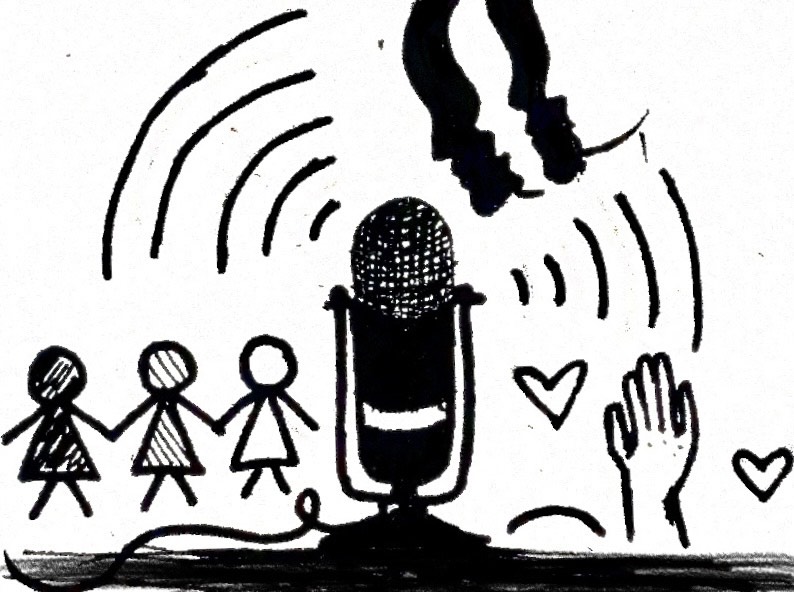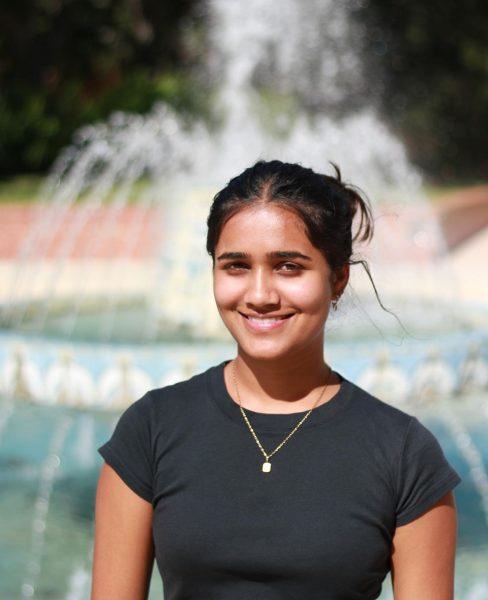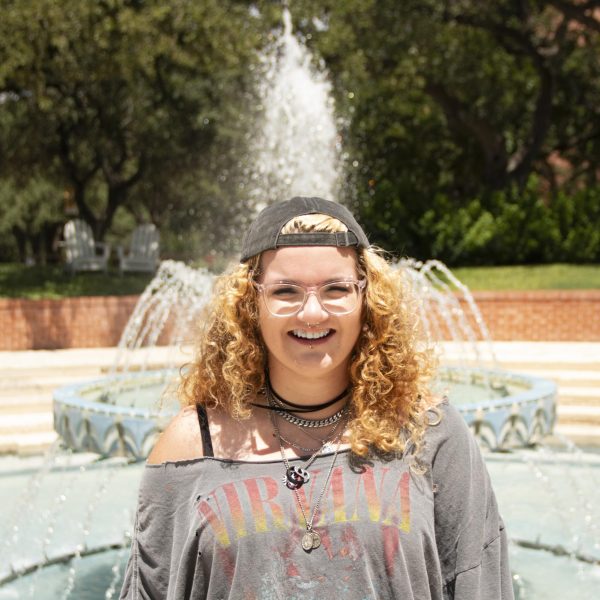The Trinity Diversity Connection (TDC) Dialogues Committee invited students and faculty to join an interactive panel discussion that elevated the voices of Black, Indigenous and people of color (BIPOC) staff and students. The purpose was to empower diversity, make a difference and create a more inclusive community.
The TDC panel was hosted on Oct. 25 in Ruth Taylor Recital Hall as a way to discuss studying and working at a predominately white institution (PWI) as a BIPOC. The panel consisted of April Himes, senior urban studies major; Hillary Solomon, senior communication major; Habiba Noor, professor of education and urban studies and Sinclair P. Ceasar III, assistant director of marketing.
The moderator, senior Nonye Okoye, guided the conversation about the panelists’ cultural backgrounds and how their identity influences their job, teaching or studies and how they incorporate their differences into their lives. Solomon discussed her experiences of growing up in a Black family but navigating white spaces during the panel.
“I have tried to understand my sense of self while maintaining the idea of what Blackness means while being in PWIs. Even though I grew up with my Black family, I have spent most of my life in predominantly white communities,” Solomon said.
Noor spoke about her experiences migrating to the United States from Kuwait when she was three years old. Noor explained that she is of Indian descent and practices Islam. When she moved to Connecticut from Kuwait, Kuwait was undergoing desegregation.
“I was confused about my racial identity because I didn’t know where I actually fit in,” Noor said. “It seemed like everything was dominated by whiteness. Professionally I worked in a Black-space setting, while educationally, I was in a more white-space environment.”
Microaggressions are common remarks or slights that pertain to someone’s race, class, sex, sexual orientation or other protected status. These comments are usually made out of a lack of knowledge, education or understanding of people’s individual differences.
Himes discussed the importance of white allyship and how having more equitable spaces can also provide greater resources for those who need it. Solomon shared that here at Trinity, there are environments and student body groups that need more representation. Better BIPOC representation can come from the hiring and recruiting of students, faculty and higher-ups in authoritative positions.
Ceasar shared his experience growing up as he altered the way he acted, hoping to fit into his environment while also developing a sense of insecurity,
“Very early on I was taught to be respectful of white people. I was told to keep my head down and act well. I felt like I lived in two different worlds because I was not Black enough for the Black people and too Black for the white people. I started developing my own self-hate and discomfort in my skin,” Ceasar said.
Jade Gonzalez, senior neuroscience major, was an attendee at the “Being BIPOC in a PWI” panel discussion.
“As a member of Trinity Diversity Connection, it was such an amazing experience being able to attend the event after watching the dialogue team work so hard on making this panel a reality,” Gonzalez said. “I enjoyed the education and awareness I received from attending this panel and being able to hear the perspectives both from faculty and students on their experience at a PWI.”









